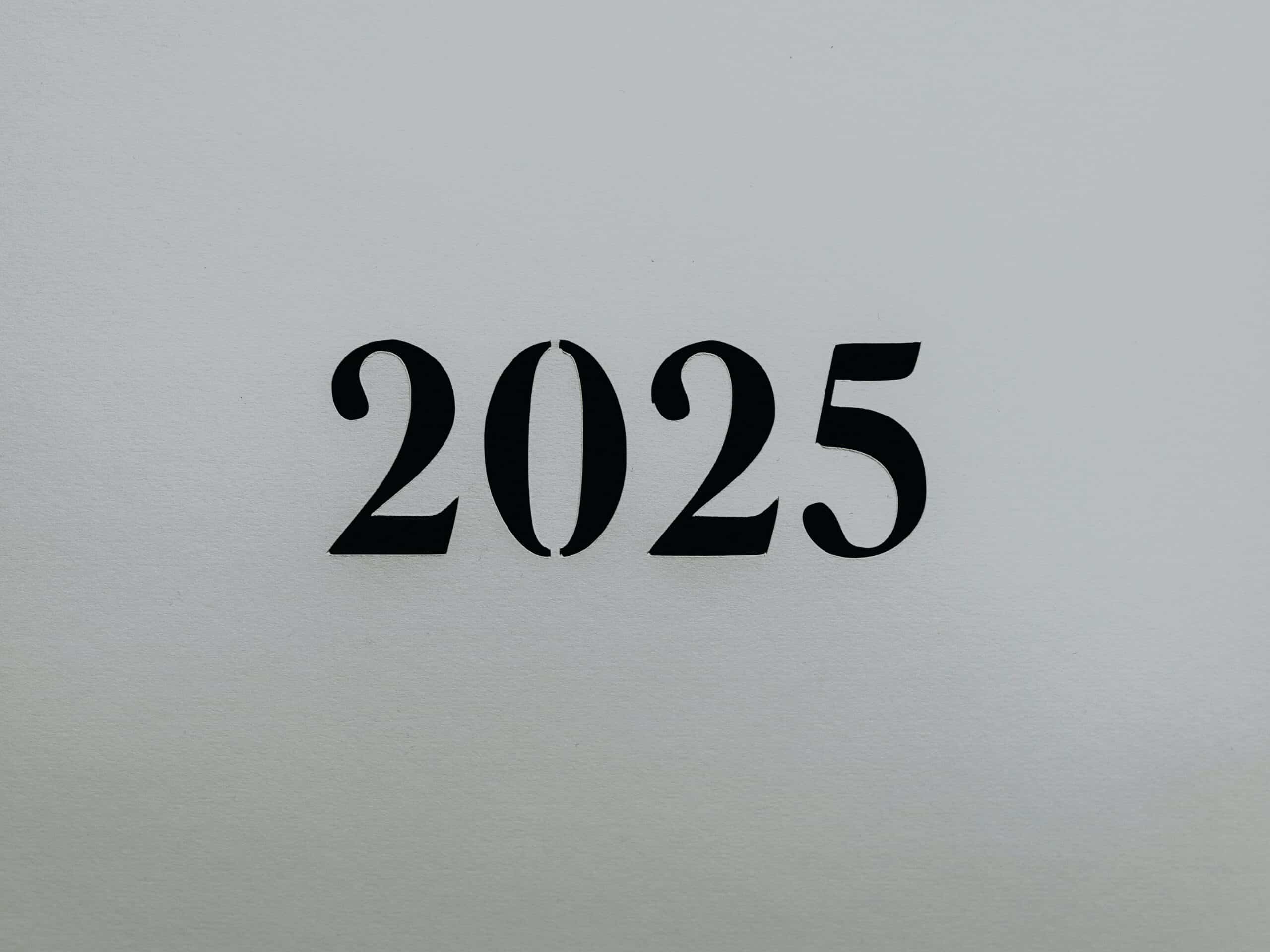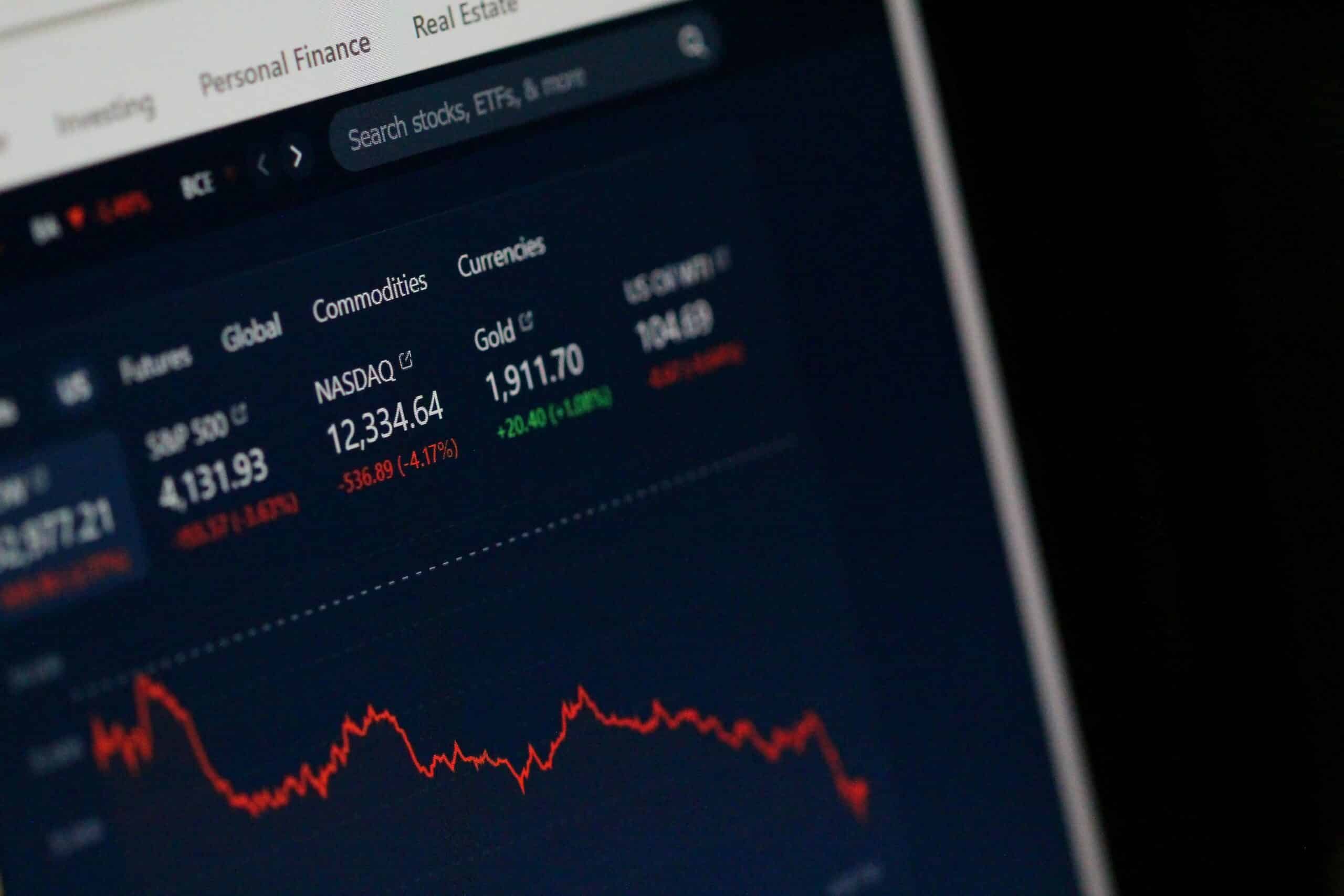As another year comes to a close, it is critical that self-directed investors and traders take time to review their portfolios, assess the lessons from their 2024 trades, and conceptualise their investment thesis for the next 12 months.
An investment thesis usually takes the form of a written statement that offers a reasoned argument for a particular investment strategy, backed by research and analysis. Its aim is to understand the potential risks and rewards based on prevailing macroeconomic trends.
To help you identify the important factors likely to affect your portfolio or trading positions in 2025, the Clarity, by Investec team looked into their crystal balls to share their insights into what they think could affect global markets and assets in 2025.
Looking through a macro lens
A good starting point for any investment thesis is a look at the macroeconomic environment, taking a broad global overview.
A sensible starting point is looking at interest rates and inflation in the different economies you want to invest in and determine how central banks will likely respond.
The general view is that on the back of persistent lower inflation, rate cuts should continue in most markets. However, countries like Japan and Brazil, where inflation is rising, will likely see interest rates hikes.
In a lower interest rate environment, risk assets are more likely to appreciate in value. In addition, based on the 2016 US election outcome, Trump’s re-election is typically positive for risk assets, the U.S. dollar and US economic growth.
Risk assets to benefit
During Trump’s previous administration, the banking and oil and gas sectors were the largest benefactors thanks to favourable deregulation and watered-down oversight.
In addition, the anticipated strengthening of the dollar could attract more foreign investment into US equities, further propelling market growth.
However, investors in the US market should also consider whether the growth stocks that made significant gains in 2024 still have room to run.
Shares that have run hard in 2024 include tech stocks like the Magnificent Seven – Apple (AAPL-NASQ), Microsoft (MSFT-NASQ), Amazon (AMZN-NASQ), Alphabet (GOOG-NASQ), Meta Platforms (META-NASQ), Nvidia (NVDA-NASQ), and Tesla (TSLA-NASQ).
With the potential for less pronounced growth in 2025, investors should consider a rotation from the more expensive tech stocks to some of the laggards in the S&P 500 (VOO-NASQ), which should benefit from U.S. economic strength.
Looking for stability
Investors will also hope to see greater stability in the Middle East and Ukraine in 2025, and that global geopolitical tensions do not create further fault lines across the globe, as a stable global economy in a low interest rate environment is generally positive for asset prices.
Another major concern is the extent to which the US implements the protectionist policies proposed by the incoming Trump administration. Harsh, wide-ranging tariffs could result in retaliation from China and other trading partners.
Ongoing instability in the Middle East or an expansion in the conflict, coupled with trade wars would increase inflation through higher oil prices and tariffs on imports. As a result, the price of goods will increase, detracting from company profit margins, and central banks may need to reconsider the pace and scale of interest rate cuts.
Brighter outlook for SA
In South Africa, market optimism and revised growth following the successful formation of the government of national unity (GNU), the end of load-shedding (at least for the foreseeable future), and lower inflation, are all promising developments.
The expected interest rate cuts from the South African Reserve Bank (SARB) will support equity markets, particularly consumer-spend-sensitive counters.
In addition, two-pot retirement system withdrawals have exceeded R35 billion, which will likely support consumer spending and lower financing costs, driving growth in retail and banking sector stocks.
Forming your thesis
Overall, global markets will be influenced by the Federal Reserve’s policies, the policies of the next US President and the trajectory of the current conflicts in the Middle East and Ukraine.
In South Africa, maintaining lower inflation expectations and implementing expansionary monetary policies will support equity markets, especially consumer-focused sectors.
These are the important factors when taking a top-down look to secure your share of the markets in 2025. Happy trading!













